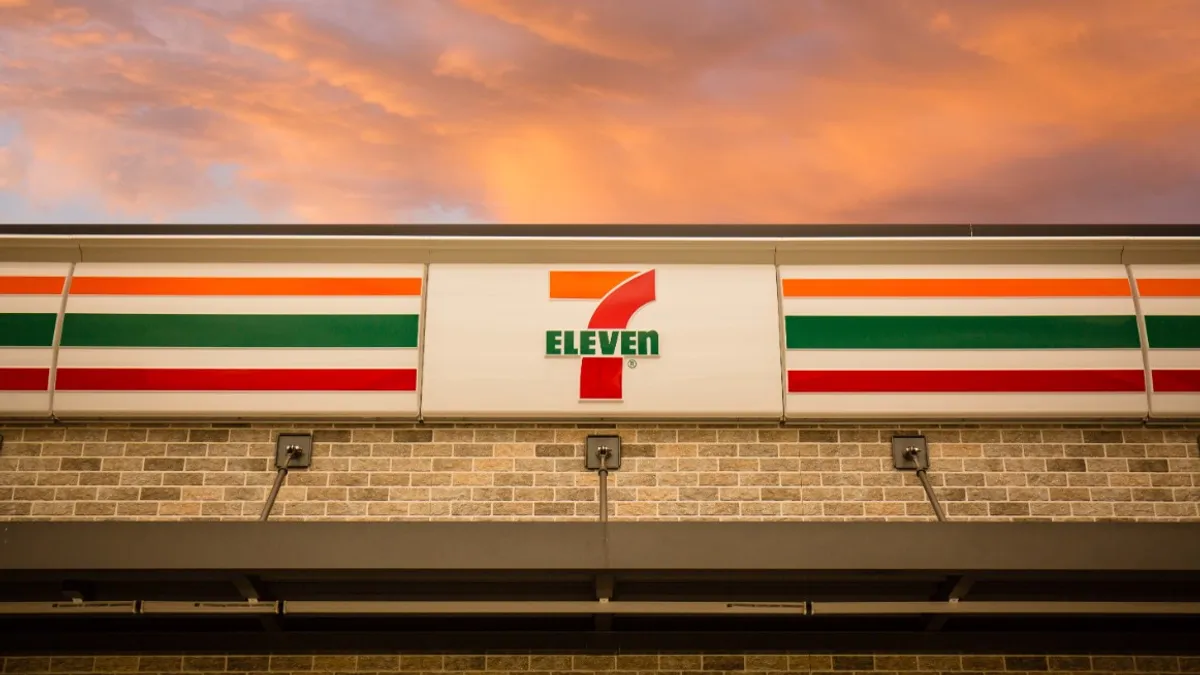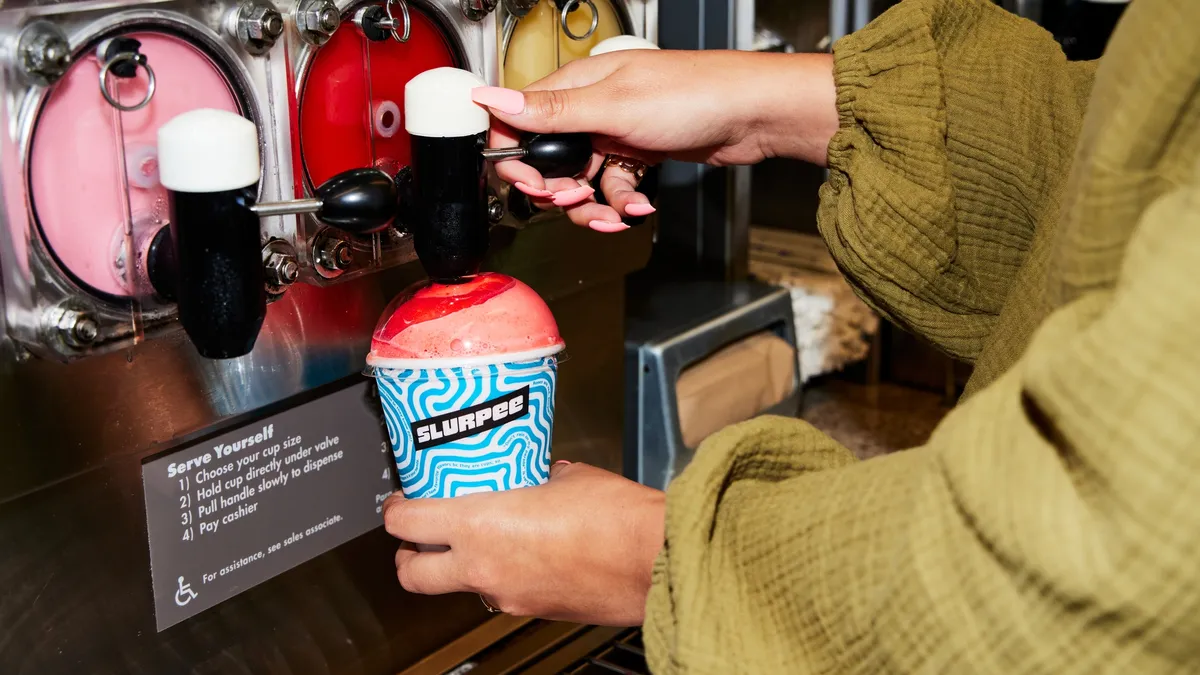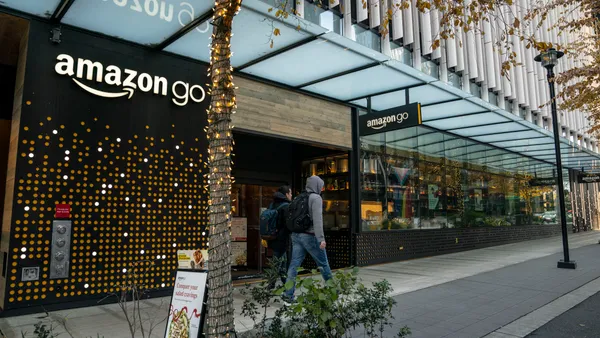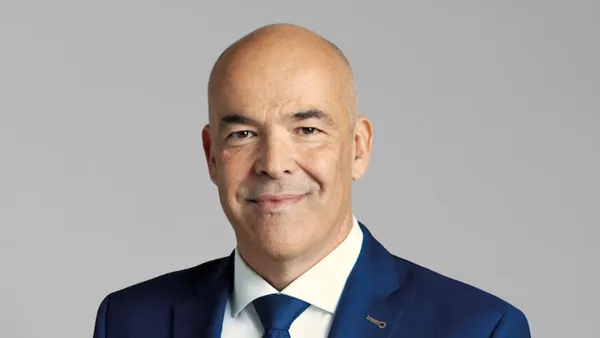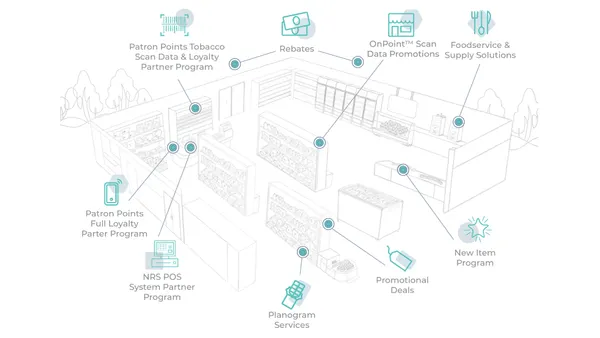Over two months after revealing its leadership succession plan, Seven & i Holdings, parent of 7-Eleven, officially appointed Stephen Dacus as president and CEO at its annual board meeting on Tuesday, replacing Ryuichi Isaka.
The 64-year-old Dacus, an American, is the first non-Japanese CEO in Seven & i’s history. He assumes leadership during a potentially historic period for the company, which is mulling a takeover bid from Canadian retailer Alimentation Couche-Tard and also planning a 2026 IPO for 7-Eleven Inc. in North America.
Here’s a rundown of Dacus’s business goals and background, which includes about three years at Seven & i and leadership roles with other international retailers.
3 years at Seven & i and a lifetime at 7-Eleven
Dacus joined Seven & i in mid-2022 as an outside director. Two years later, he was named lead independent outside director, and was appointed chairperson of the board of directors last May. He was also chair of Seven & i’s strategic and special committees, the latter of which has reviewed Couche-Tard’s buyout offer since last year.
Dacus previously served in leadership roles across multiple industries. He assumed his first CEO role in 2001 with condiment maker MasterFoods, according to his bio on the Seven & i website. He also spent more than eight years in a variety of leadership roles with Walmart, including senior vice president and CEO of Walmart Japan Holdings. He was also CEO of pan-Asian foods company Hana Group SAS.
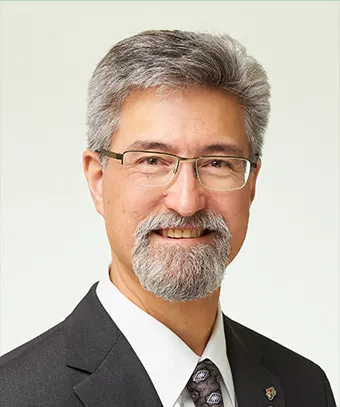
But Dacus’s relationship with 7-Eleven stretches back to his childhood. His father was a 7-Eleven franchisee, and a young Dacus used to work the midnight shift at the store.
“7-Eleven has always been important in my life,” Dacus said during a March press conference when his move to CEO was announced.
It’s unclear how much Dacus’s earnings will increase after his promotion. His predecessor, Isaka, earned 341 million yen in 2024, equivalent to about $2.3 million at current conversion rates, according to Seven & i’s latest securities report.
Food is his vehicle to grow 7-Eleven
Dacus’ years of experience leading food-focused companies will be key as 7-Eleven continues to innovate around its foodservice program. In the U.S., 7-Eleven is in the midst of a three-year plan to open over 600 c-stores that add indoor seating and offer a larger product assortment and expanded food and beverage offerings compared to the rest of its locations.
During the March press conference, Dacus said food is Seven & i’s “biggest long-term opportunity in the U.S.,” adding that the company is working with its Japanese suppliers to bring many of the offerings from its 7-Eleven stores in Japan to its 13,000 c-stores in North America. He also said Seven & i intends to leverage made-to-order options to boost its food appeal.
“The key is to stay out in front with really value-added food offerings,” Dacus said. “If I’m being honest, it feels like we’ve been moving a bit too slow in that regard, and some of our competitors have moved a bit faster. We need to move faster.”
International expansion
Although 7-Eleven has roughly 85,000 stores in about 20 countries, Dacus isn’t satisfied with the retailer’s global presence. When asked what he’d do differently compared to his predecessor Isaka, Dacus said during the March press conference that he intends to accelerate 7-Eleven’s international expansion beyond Japan and North America, adding that “there are vast portions of the world” where 7-Eleven doesn’t have any stores.
“The key is to stay out in front with really value-added food offerings. If I’m being honest, it feels like we’ve been moving a bit too slow in that regard, and some of our competitors have moved a bit faster. We need to move faster.”

Stephen Dacus
President and CEO of Seven & i Holdings
7-Eleven has plenty of growth potential in Europe, for instance, where it only has stores in Denmark, Norway and Sweden, according to 7-Eleven’s website. The company has plans to reach 100,000 stores in 30 countries — up from the current 20 — by 2030.
“It will take time, but I believe that if we do this correctly, over the next generation, there’s an enormous amount of opportunity for us around the world,” Dacus said.


